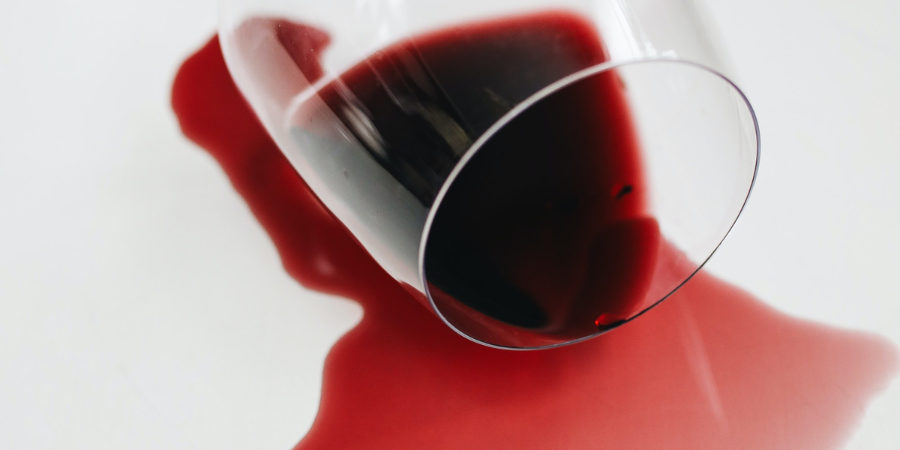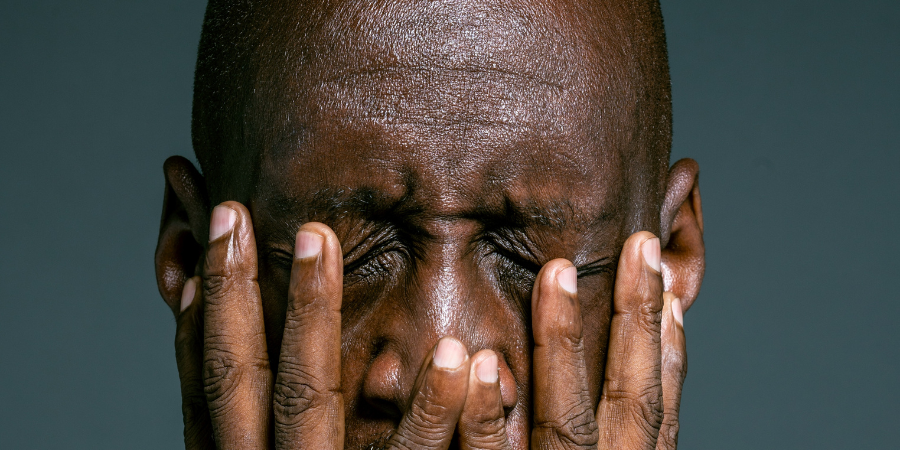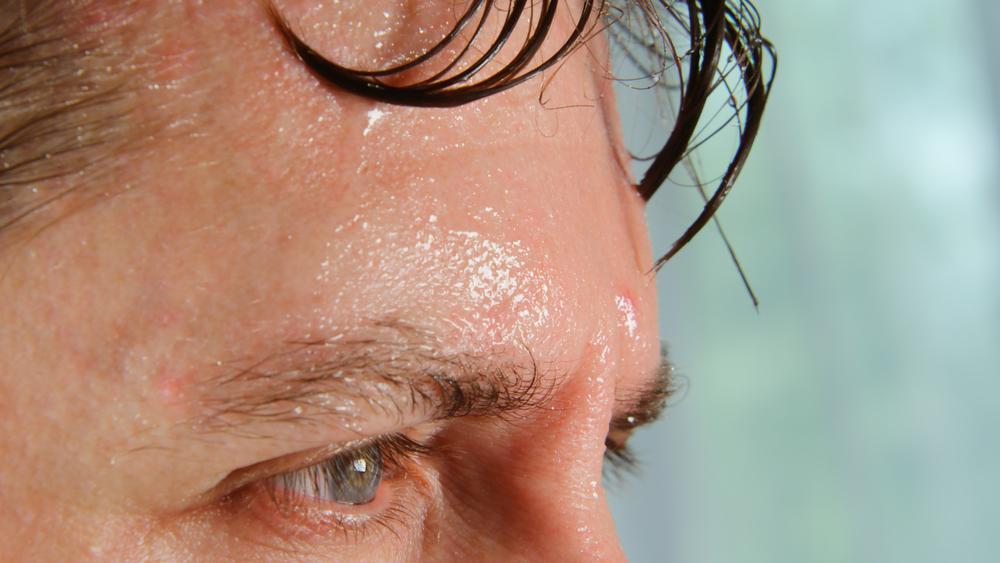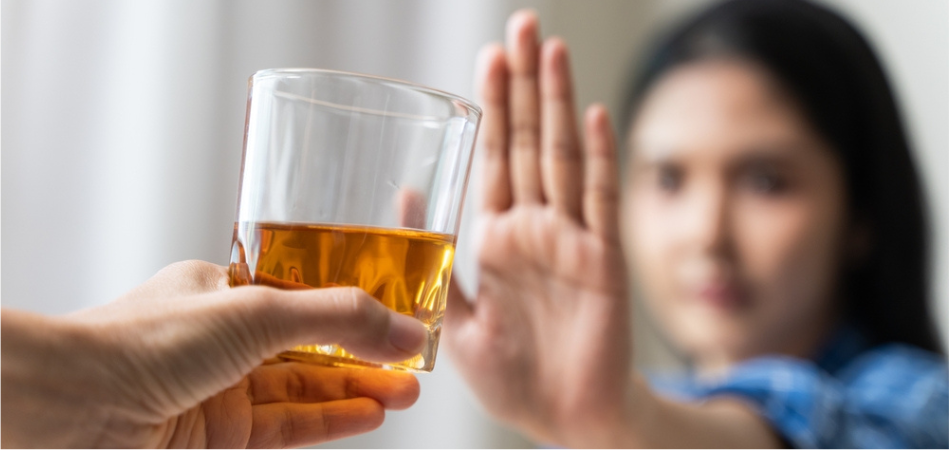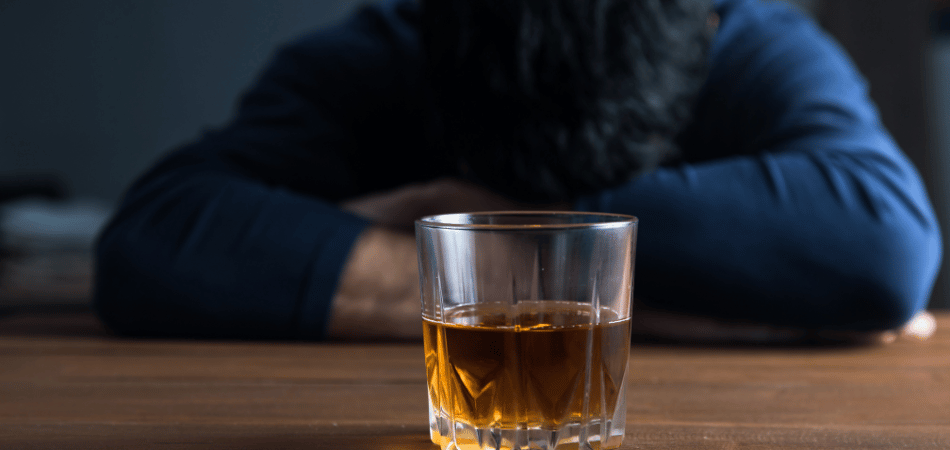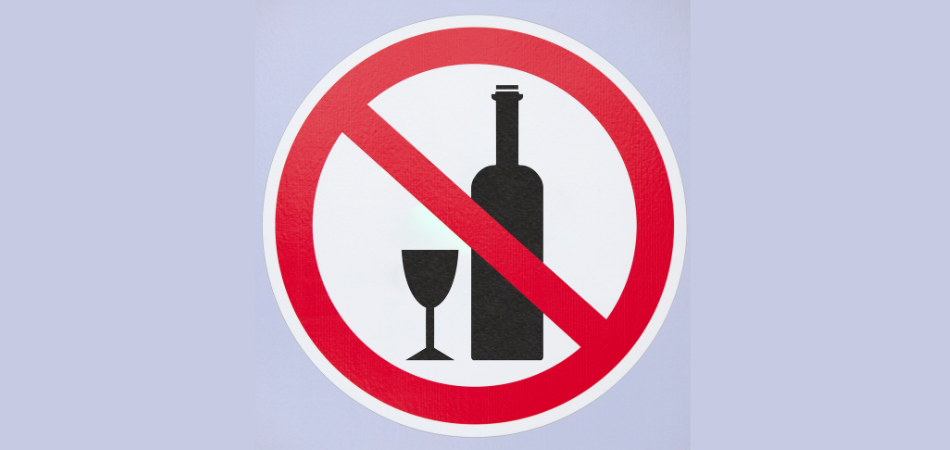
Written by:

Medically Reviewed by:
Last Updated:
August 14th, 2025
Alcohol Detox | Alcohol Withdrawal and Detox Timeline
When alcohol use begins to take hold of your life, the idea of stopping can feel overwhelming. But detox is the very first step in letting go. At Primrose Lodge, we offer a safe and supported detox programme that helps your body reset and gives you the space to begin healing.
What is alcohol detox?
Alcohol detox is the process of clearing alcohol from your system after prolonged or heavy use. If your body has become used to alcohol, suddenly stopping can bring intense withdrawal symptoms. These can range from mild shakiness to serious medical complications, meaning alcohol detox can be the very thing that helps you get through that process safely.
While it’s a short part of recovery, detox lays the groundwork for everything that comes next. It gives your body a chance to stabilise and your mind the clarity to think about what happens after.
At Primrose Lodge, detox happens in a comfortable and private setting, with support around the clock. You’ll be looked after by a team who understands exactly what you’re going through and who are there to help, every step of the way.
Signs you may need alcohol detox
If you’ve tried to stop drinking before and found yourself unable to or if stopping leads to symptoms like anxiety, sweating or confusion, it may be a sign that your body has developed a dependence on alcohol. That means detox is likely to be necessary.
Other signs include:
- Feeling ill or shaky in the mornings
- Needing a drink to feel normal
- Drinking more than you intend to, despite wanting to cut back
- Worrying about when you’ll get your next drink
Even if you’re unsure, the safest thing to do is speak with someone who can assess your situation properly. At Primrose Lodge, we offer confidential assessments to help determine whether detox is needed and what kind of support is right for you.
What withdrawal symptoms should I expect?
Withdrawal symptoms can vary depending on how long and how much you’ve been drinking. For some people, they can be mild and manageable. For others, they can be distressing or even dangerous.
Some common alcohol withdrawal symptoms include:
- Nausea and vomiting
- Shaking or tremors
- Sweating and headaches
- Insomnia or disturbed sleep
- Anxiety and low mood
- Hallucinations or confusion
- Seizures (in severe cases)
Symptoms typically begin within a few hours of stopping drinking and can intensify over the next two to three days. The most intense period usually lasts up to 72 hours, but some psychological symptoms may last longer.
Because these symptoms can change quickly and unpredictably, going through detox at home can be risky. At Primrose Lodge, you’re never left to cope alone. We’re here to respond immediately, adjust your care if things become difficult and provide the reassurance you need to keep going.
Alcohol detox timeline
Detox doesn’t follow the same exact course for everyone, but here’s a general idea of what to expect:
Throughout every stage of detox at Primrose Lodge, our staff are checking in, adjusting treatment and making sure you’re supported. You’re not expected to get through it on willpower alone. We’re here to carry the weight with you.
Why detoxing at home can be dangerous
Trying to go through alcohol detox on your own may feel easier, cheaper or more private. But it also carries serious risks, especially if your body is already dependent.
Withdrawal symptoms can escalate quickly. What begins as mild anxiety can turn into severe agitation, hallucinations or even seizures. Without proper support, this can put your life in danger.
There’s also the emotional side. The mental strain of withdrawal can be intense, especially if you’re already feeling vulnerable. Many people end up drinking again just to make the symptoms stop, restarting the cycle.
At Primrose Lodge, we understand why people might want to do this alone. But we also know that detox is something no one should face without support. Being in the right environment gives you the best chance of making it through safely, and it gives you options for what comes next.
What alcohol detox at Primrose Lodge involves
When you arrive at Primrose Lodge, you won’t be rushed or judged. The first step is always a careful assessment, so we can understand what your body needs and how best to help you.
During your detox:
- You’ll have compassionate care from our experienced team
- Medication may be used to ease withdrawal symptoms and reduce risk
- Your diet, hydration and rest will be supported to help your body recover
- Emotional support is available whenever you need it
Everything is tailored to your situation. We don’t believe in a one-size-fits-all approach, because we know every person’s experience with alcohol is different.
Once detox is complete, we’ll talk with you about your options going forward. For many people, continuing with therapy or a rehab programme helps reduce the risk of relapse. But there’s no pressure. We’ll help you find the path that feels right for you.
The first step towards change
Detox can be a daunting word, especially if alcohol has become part of your daily life. But it’s also the start of something new. It’s the point where your body begins to let go and where your future becomes your own again.
At Primrose Lodge, we walk with you through those first difficult days. We take the fear out of detox and replace it with care, structure and the knowledge that you don’t have to do this alone.
If you’re ready to take that first step, we’re ready to help you do it safely.
Frequently asked questions


